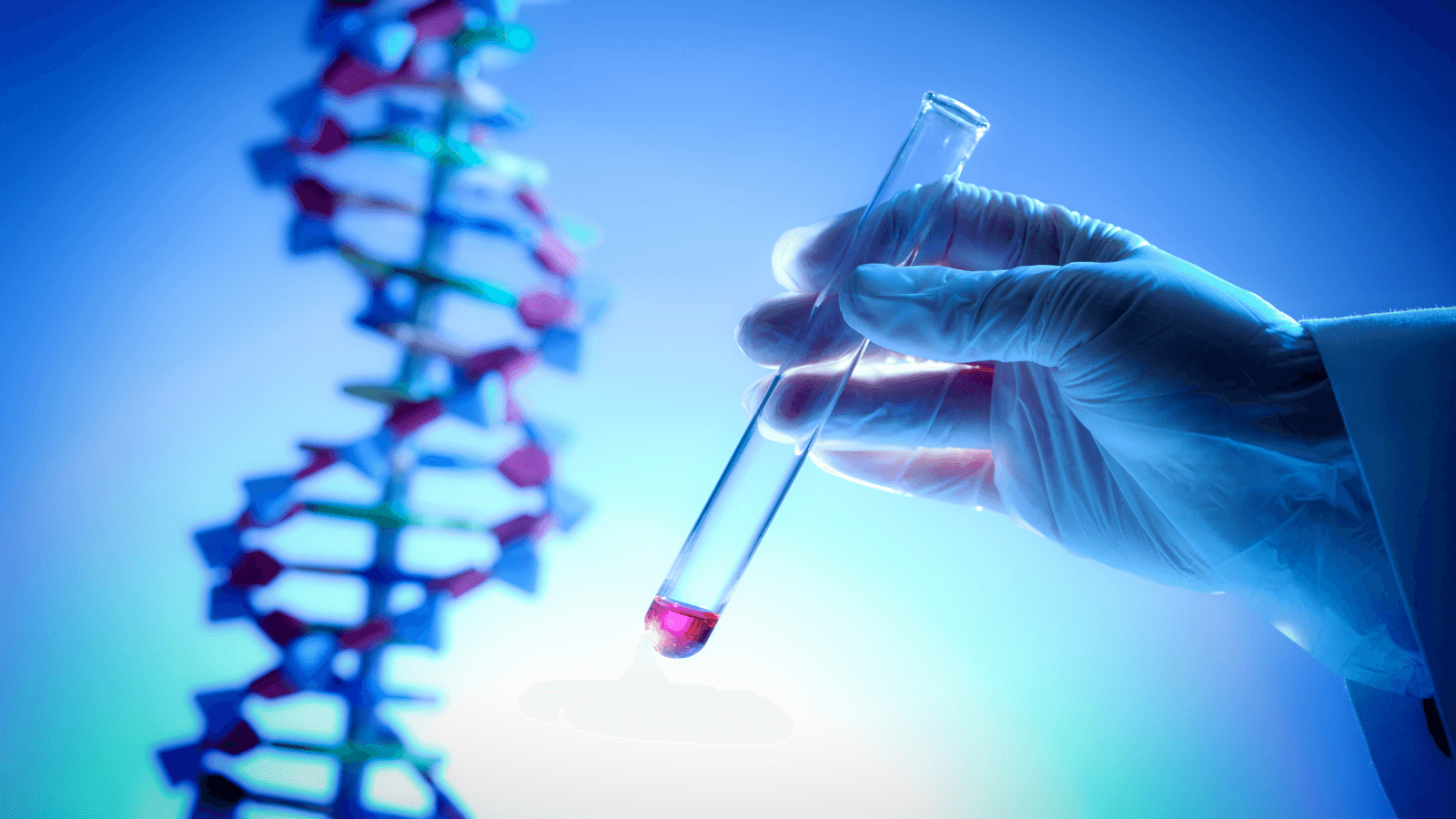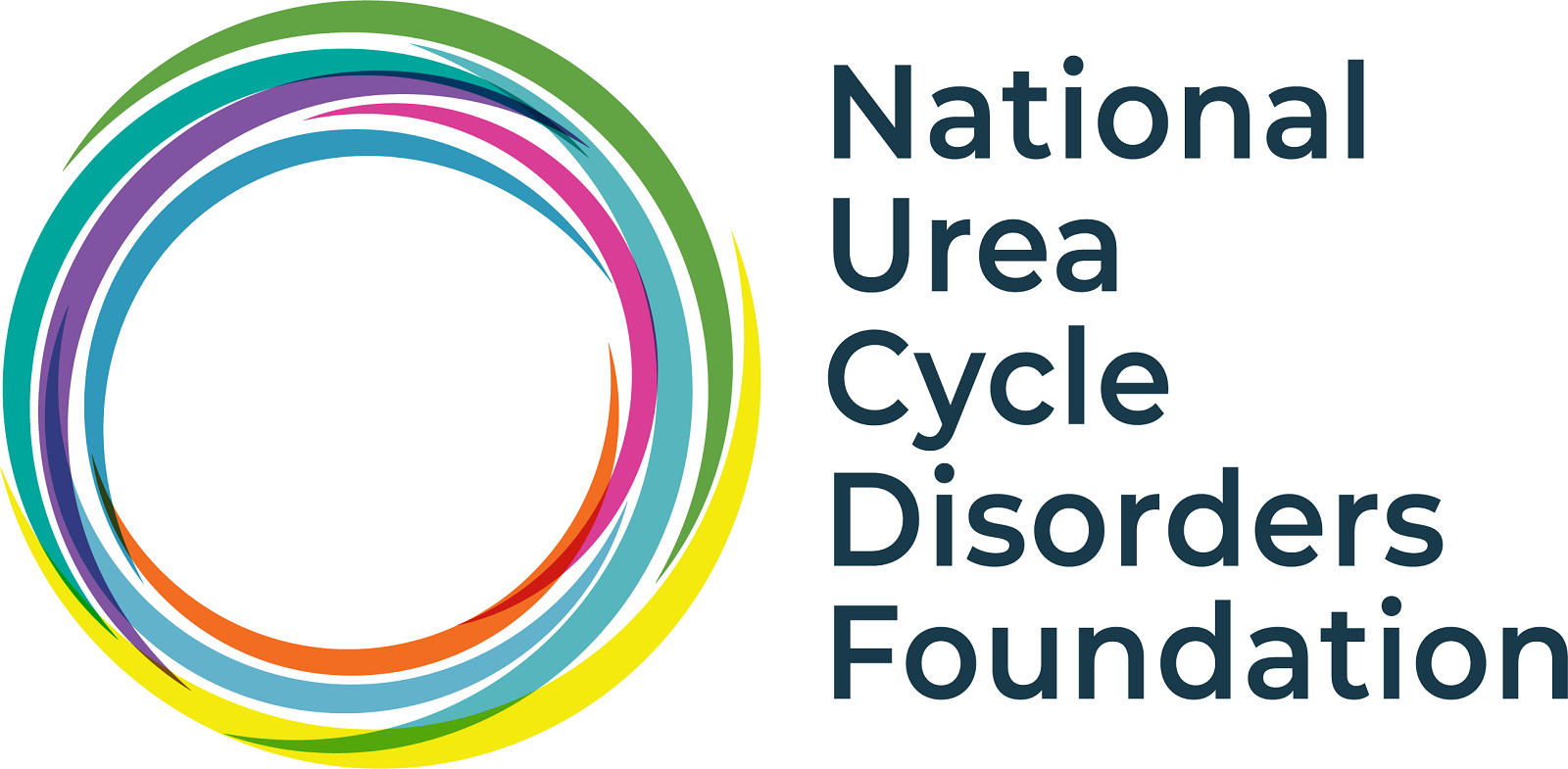
The state of Florida is investing more than $7 million to pay for whole genome sequencing for newborns under the Sunshine Genetics Act, which took effect July 1, 2025. The law establishes a five-year genetic testing pilot program for newborns. It will allow families of children born in Florida to choose to have their baby's full genetic code sequenced at no cost.
"The goal is to identify potentially serious but treatable conditions early, so that doctors can begin care before symptoms appear," says a release from Florida State University (FSU). "Early care can lead to better health, fewer hospital visits and improved quality of life for patients."
Aspects of the new program will be managed by the Florida Institute for Pediatric Rare Diseases, which was launched in 2024 within the Florida State University College of Medicine. The new law also created the Sunshine Genetics Consortium, which aims to unite researchers, clinicians and biotech innovators from across the state to advance pediatric rare disease research.
"This is a game changer for the urea cycle disorders community," said Tresa Warner, the executive director of the National Urea Cycle Disorders Foundation. "We believe genetic newborn screening should be available for every newborn baby. Before we can cure UCD patients, we first need to identify them."
Florida Rep. Adam Anderson (R-Palm Harbor), whose son Andrew died from Tay-Sachs disease, championed the act.
The statewide genetic screening program is the first of its kind in the United States. It positions Florida as a national model on the use of genomics to improve early detection and treatment of rare diseases.
To learn more, read the FSU announcement here.
